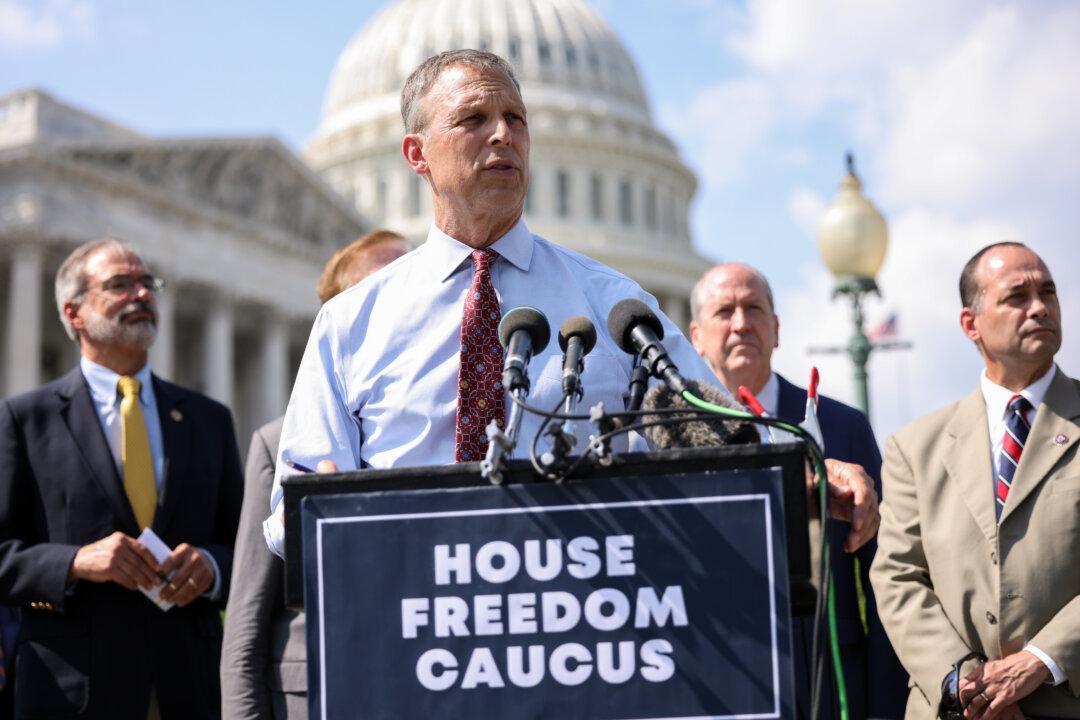The White House claims that a budget plan proposed this month by the conservative House Freedom Caucus (HFC) would make the southern border less secure by removing funds for Customs and Border Protection (CBP) employees and limiting the capacity to fight drug trafficking.
The White House described the HFC’s proposal for changes to the Biden administration’s budget as a “five-alarm fire for hardworking families” that threatens public safety and border security.





